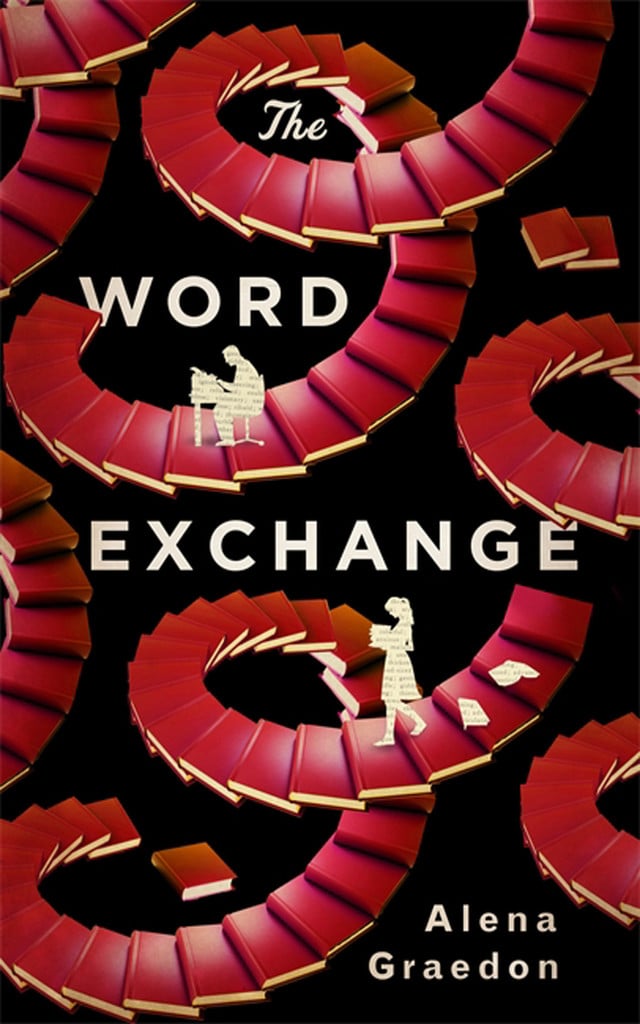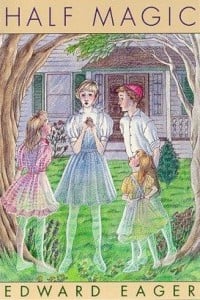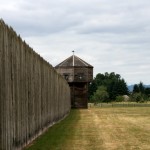I finished two novels recently, neither of which I would urgently recommend to someone, but both of which were clearly written by people in love with language, and, as I expect that describes some of my commenters, I wanted to give you all a heads up, in case you’d like to check them out at your local library. I’m glad I read both of these, but I read a lot faster than average, so the opportunity cost of a book is low for me. I think what I want to do most is to have coffee with the authors.
Lexicon – Max Barry
This is one of those books that agrees there’s a narrow line between storytelling and sorcery. Exceptionally persuasive people are invited to train (and to adopt the names of famous poets as pseudonyms) and the just the entrance exam was enough to draw me in. (Get as many people as you can to cross the street to where you’re standing, without repeating a ploy. Three misses or repeats and you’re out).
Unfortunately, when the characters are fully trained, their tricks are less creative and clever than the ones I saw during their exams. t turns out that the mythology of this world runs on a more complicated version of the Enneagram, and if you can guess a person’s “type” accurately, you can recite a series of nonsense syllables that subsume their will to yours. On the plus side, even when I found the plot a little annoying, the characters kept doing clever things in the background while they advanced it.
The Word Exchange – Alena Graedon
A little technophobic for my tastes, but, on the other hand, it’s a book that, like the Thursday Next and Discworld series, makes excellent use of footnotes. But you really won’t be happy if you try to make sense the underlying mechanics of the language disease that starts corrupting vocabularies. On the other hand, every chapter starts with the dictionary definition of a world and one of them goes like this:
x \’eks\ n 1: a former love 2: a sign you’ve found the right spot 3: a mark someone might make who is unable to write
So if that sounds like your sense of humor and you’d like to spend time with characters who work for dictionaries and record things like this in their diaries:
Every word is itself a memento of the past. Take, for example, the word ‘lousy’ (a favorite of D’s). We’re all familiar with its modern meaning–awful, contemptible, etc.–popularized, e.g. by Holden C. c. 1951. That sense actually dates to at least 1532 and Sir Thomas More’s Confutacyon of Tyndales answere. …
How about the lithe little word ‘larva’ from the Latin, which had nothing to do with insects until the 18th century? In an earlier life, it meant ghost or spirit. ‘Nightmare,’ too, comes from the spectral realm. Derived from Old English niht (night) + mare (incubus), it applied to an evil, female-type phantom that settled (like Ana?) on sleeping innocents.
…then you are probably in the intended audience for this book.
As usual, my favorites in this genre are shelved in the young adult section. There’s So You Want to Be a Wizard of “Wizards love words…” fame, but one of the first and best I ran into are Edward Eager’s stories (including Half Magic, Seven Day Magic, and Knight’s Castle). These characters are clever and more than a little genre-savvy, since the children all love E. Nesbit and frequently reference her books (and my favorite one of hers is The Enchanted Castle).
Congrats, if you know any children at all, I have just solved all of your Christmas/Hanukkah/birthday shopping, since Edward Eager is massively underread. But, to be on the safe side, don’t take my word for it, pick up a set of his books for yourself.














